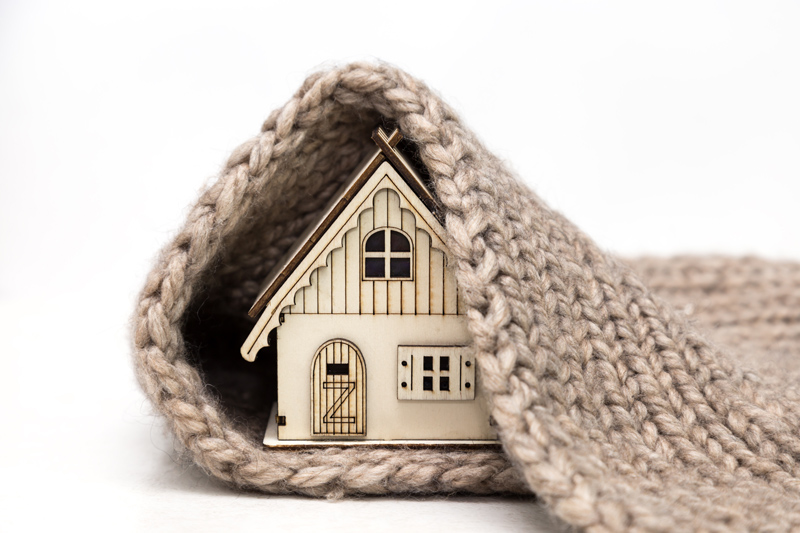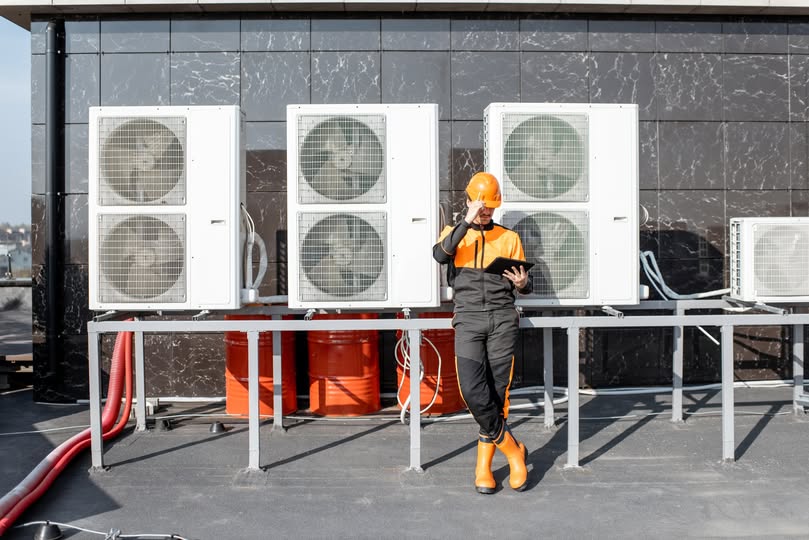Warmth is essential on cold winter days. It's easy to forget the importance of this necessary quality at first glance, especially when you're feeling cozy in bed reading about how it's supposed to be cold outside (and not considering what happens if your power goes out). HVAC systems have been known to have notable power outages in the winter, so if you keep your house warm during these times, you'll be helping to ensure a smoother ride for everyone. Luckily, there are plenty of ways to keep your house warm on those chilly winter mornings. Here are some tips how to do it:
1. Install a Programmable Thermostat
One of the best things you can do for your heating bill is to install a programmable thermostat. It's simple to install and can save you money in the long run, even if it means taking a professional approach to other budget-cutting steps first.
2. It's Closed-Flue Season, so Minimize Those Romantic Fires
We might not consider it romantic, but if you have flickering fires getting hot under your fingernails, it's time to put on a sweater and get to work.
3. The Spin on Ceiling Fans
The ceiling fan can be a double-edged sword. Not only does it offer a nice luxury for your home, but it's also designed to help warm the air and make your house feel more comfortable, even during the winter months.
4. Move Furniture Away From Vents, Registers, and Radiators
Furniture placed too close to heating registers, vents, or radiators can cause a lot of unwanted heat. Keep them far away to reduce the amount of heat they generate and save some money in the end.
5. Stop the Draft, Close the Door
Make sure your doors and windows are properly closed. Drafts in the wrong places can make a significant impact on your house's temperature, especially if you have a lot of windows or just one area that has terrible insulation.
6. Install a Door Sweep
A door sweep is a simple solution that prevents drafts on your doors and helps prevent air leaks in the home. Install it to prevent drafty doors and prevent cold air from leaving the house.
7. Quick-Seal Windows
A few problems can occur when installing new windows, but the most frustrating is air leaks. Luckily, there are a lot of quick fixes that you can use to prevent these annoying and wasted leaks.
There's nothing better than being warm and cozy in your own home. With a few easy steps, you can stop chattering teeth, take off your jacket, and get back to what you were doing. If you are in need of HVAC maintenance in the Greater Toronto Area, contact A-Plus Quality today and we will kindly assist you!



